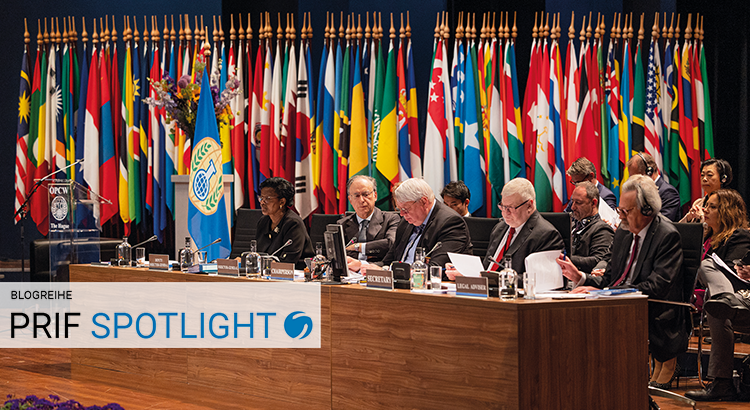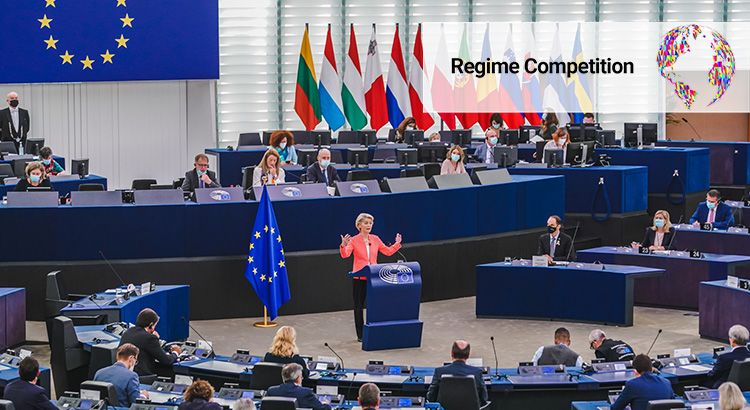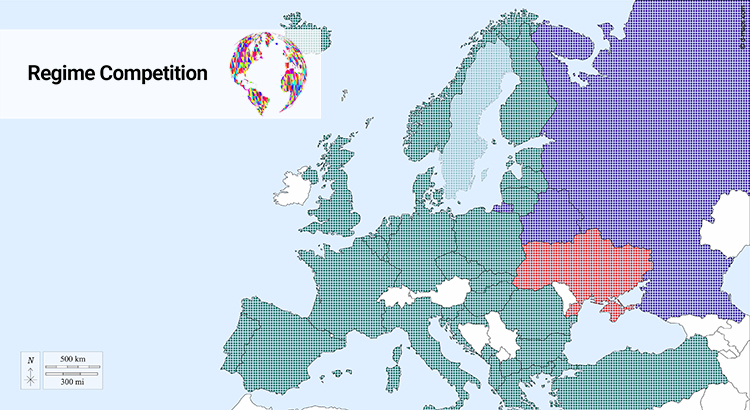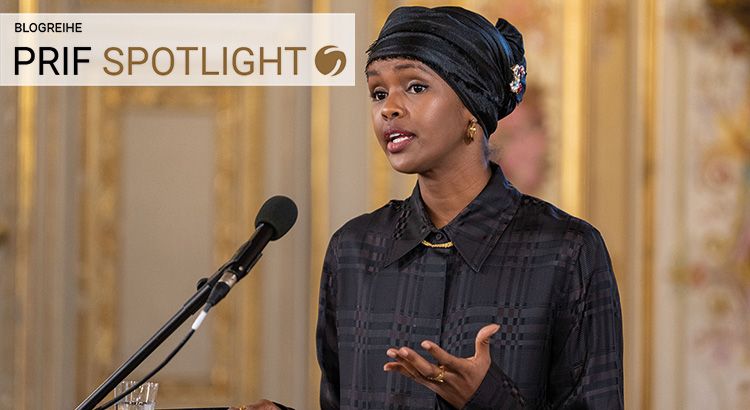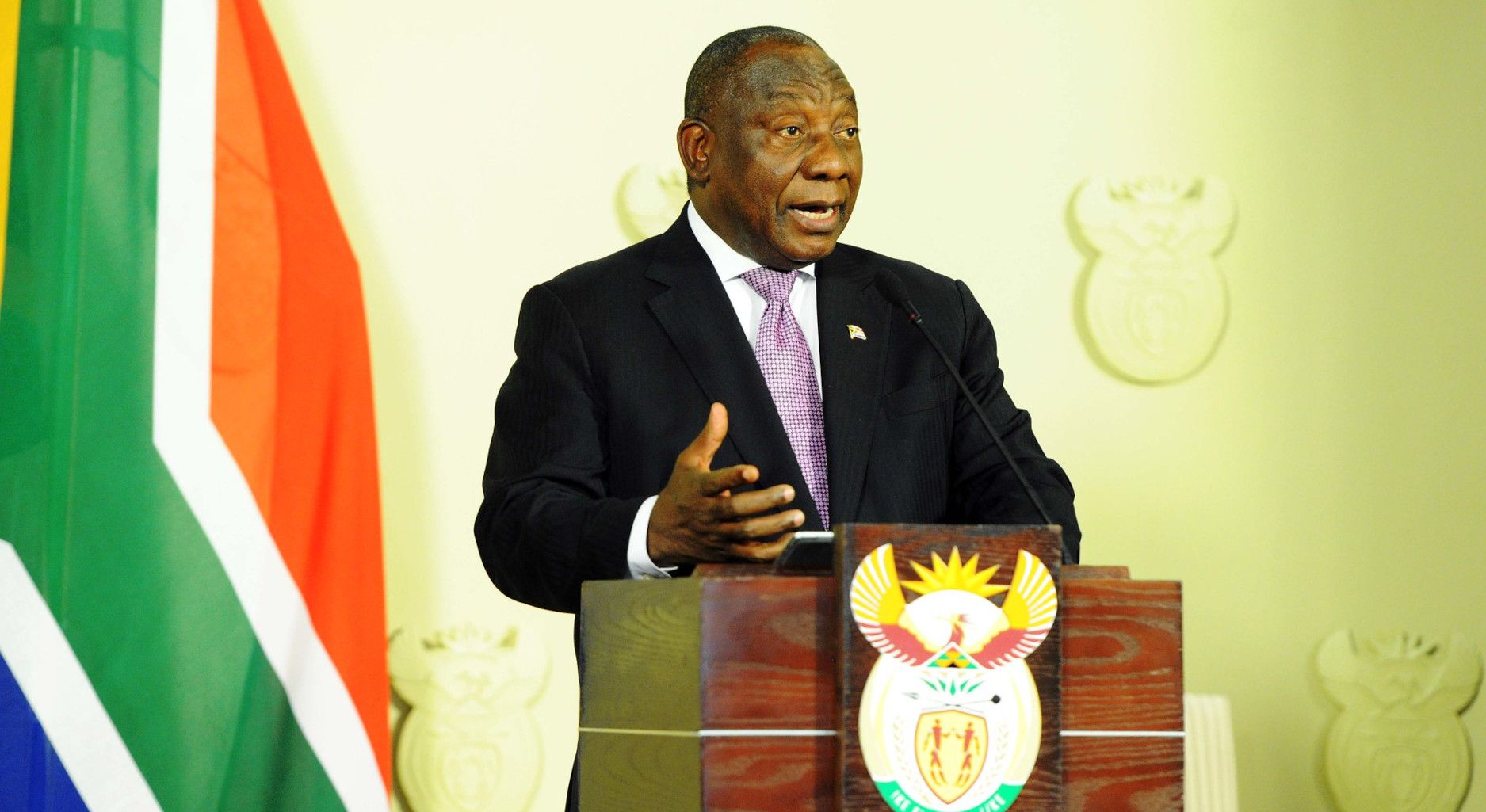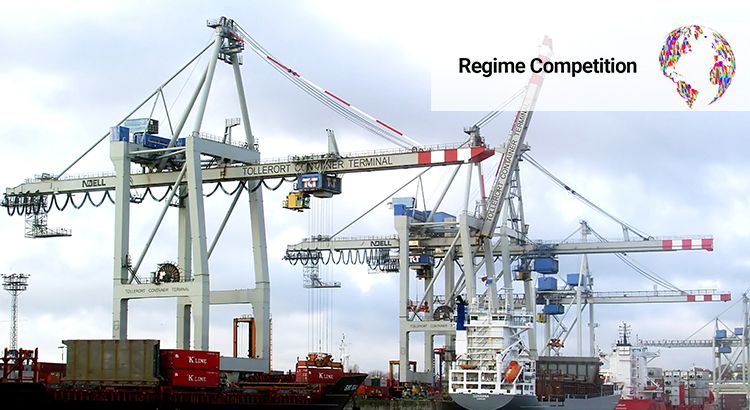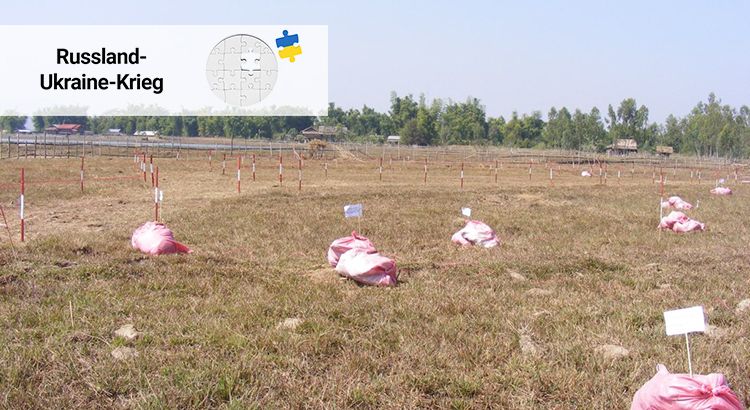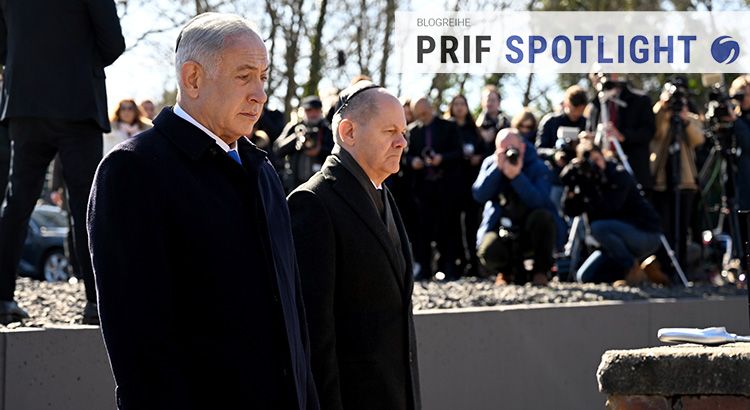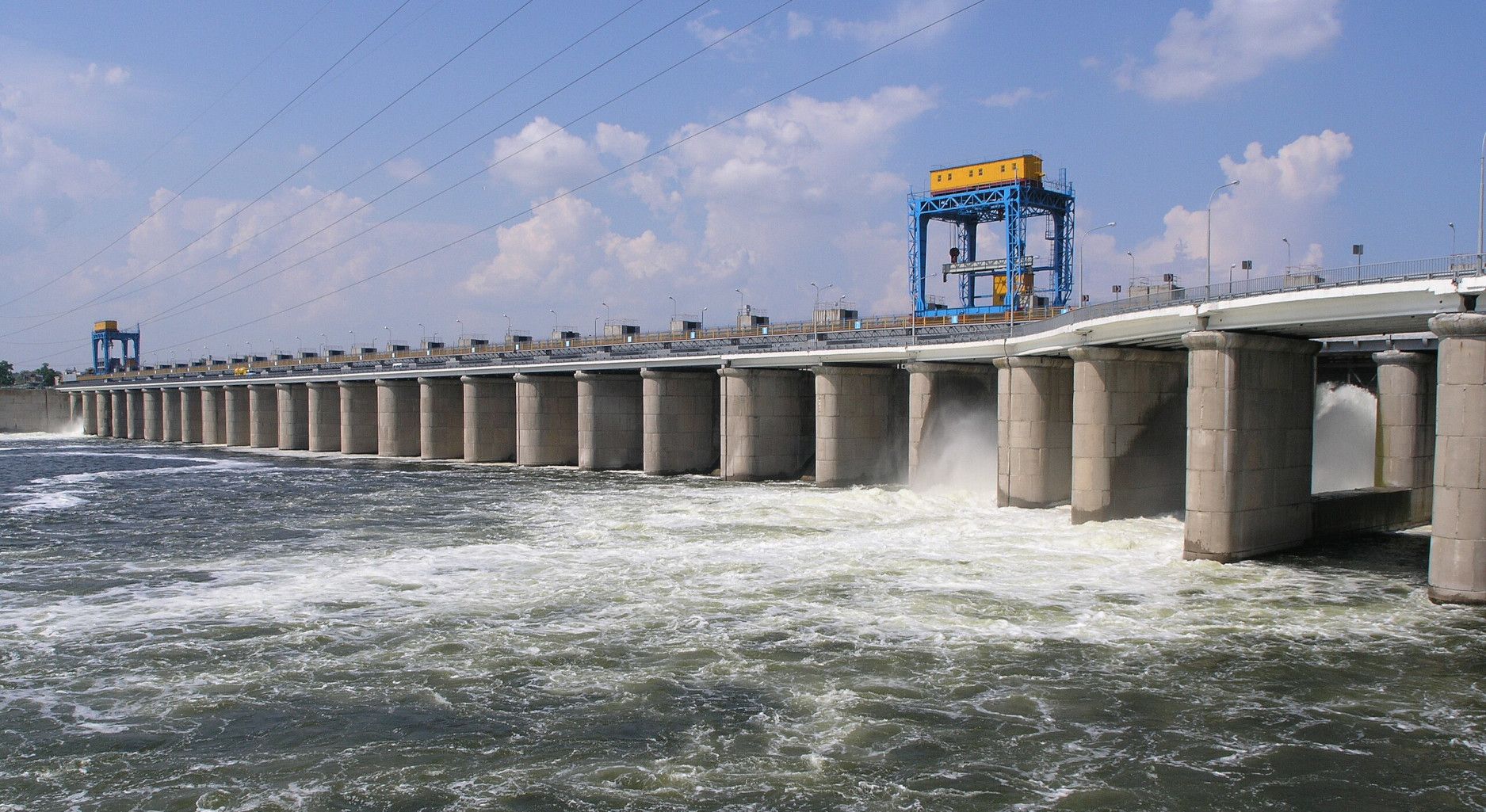In May 2023, 193 state parties to the Chemical Weapons Convention (CWC) convened for a five-day...
Debating Foreign Interference in a Multipolar World: Is the EU Becoming Illiberal?
The ways in which foreign interference by China, Russia and others are currently discussed in...
“Russian Self-Defense”? Fact-Checking Arguments on the Russo-Ukrainian War by John J. Mearsheimer and Others
In the ongoing Russo-Ukrainian war, and in the wider Russo-Western conflict, both sides compete...
Mutiger Einsatz für die Menschlichkeit: Die Verleihung des Hessischen Friedenspreises 2022 an Ilwad Elman
Am 08. März 2023 wurde Ilwad Elman mit dem Hessischen Friedenspreis 2022 der...
An African Peace Initiative in the Russia-Ukraine War?
A team of seven African presidents led an initiative in mid-June 2023 to attempt to make peace in...
Germany’s New China Strategy: A Defensive Shift
After a lengthy process of internal deliberation, the German government released its China...
Nicht darüber reden ist auch keine Lösung: Die Rolle von Autokratie und Demokratie in der Nationalen Sicherheitsstrategie
Mit dem Beginn des russischen Angriffskriegs auf die Ukraine wurde das Narrativ eines globalen...
Militärisch nützlich, moralisch verwerflich? Die Debatten um die US-Lieferungen von Streumunition an die Ukraine
Die Entscheidung von US-Präsident Joe Biden, Streumunition an die Ukraine zu liefern, hat nicht...
Outlook on German-Israeli Relations: German Staatsraison and Netanyahu‘s Coalition Contentious ‚Judicial Reform‘
The current Spotlight explores different interpretations of Germany’s Staatsraison – or raison...
Der dramatische Dammbruch von Kachovka und seine kurz- und langfristigen Folgen
Am Morgen des 6. Juni 2023 wurde gemeldet, dass der Kachovka-Staudamm zerstört wurde, und dass...
